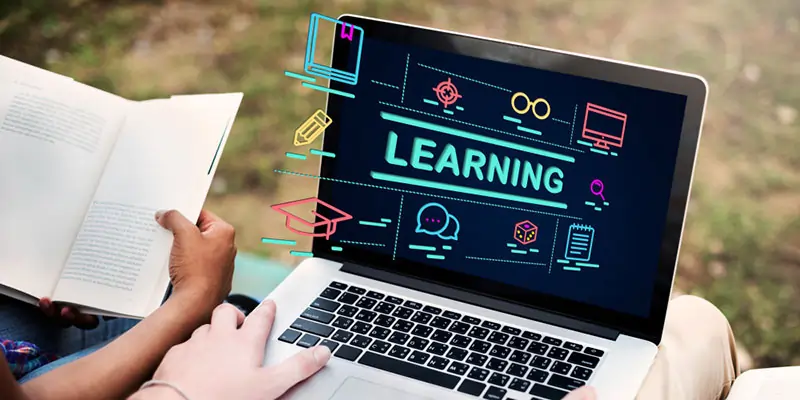Introduction
In today’s digital era, online education has become increasingly popular as an alternative to traditional classroom learning. With the advancements in technology, students now have access to a wide range of online education technologies that can enhance their learning experience. In this article, we will explore the top online education technologies that are revolutionizing the way we learn and provide a better education for students.
The Benefits of Online Education
Before we dive into the specific technologies, let’s first discuss the benefits of online education. Online learning offers flexibility, convenience, and accessibility to students from all walks of life. Whether you are a working professional, a stay-at-home parent, or someone with limited physical mobility, online education provides an opportunity for you to pursue further education at your own pace and schedule.
Additionally, online education often offers a more personalized learning experience. With the use of technology, students can access resources, materials, and interactive tools tailored to their specific needs and learning styles. This individualized approach to learning ensures that students can grasp concepts more effectively and achieve better academic outcomes.
The Top Online Education Technologies
- Learning Management Systems (LMS): LMS platforms are at the forefront of online education. These systems provide a centralized hub for students and instructors to manage course materials, assignments, discussions, and assessments. LMS platforms often offer features such as video lectures, online forums, and automated grading systems, making it easier for both students and instructors to engage in the learning process.
- Virtual Reality (VR): Virtual reality is transforming the way students experience education. VR technology allows students to immerse themselves in virtual environments, bringing complex concepts to life. For example, medical students can practice surgical procedures in a realistic virtual operating room, enhancing their practical skills. VR technology also facilitates virtual field trips, allowing students to explore historical sites, landmarks, and natural wonders without leaving the classroom.
- Artificial Intelligence (AI): AI-powered technologies are revolutionizing online education by providing personalized learning experiences. AI algorithms can analyze student data and provide tailored recommendations for areas of improvement. Virtual tutors powered by AI can guide students through their coursework, answering questions and providing feedback in real-time. AI systems can also detect patterns in student performance, enabling educators to intervene and provide additional support when necessary.
- Gamification: Gamification integrates game design elements into the learning process to engage and motivate students. Through the use of badges, leaderboards, and interactive challenges, gamification makes learning fun and interactive. Students can earn points and unlock achievements as they progress, creating a sense of accomplishment and fostering a competitive spirit. Gamification not only makes learning more enjoyable but also enhances students’ critical thinking, problem-solving, and teamwork skills.
- Collaborative Tools: Online education is no longer a solitary experience. Collaborative tools such as virtual classrooms, discussion forums, and video conferencing platforms enable students to connect and engage with their peers and instructors. By fostering collaboration, these tools enhance students’ communication and teamwork skills, allowing them to learn from each other’s perspectives and ideas.
- Mobile Learning: With the increasing popularity of smartphones and tablets, mobile learning has become an integral part of online education. Mobile apps and platforms enable students to access educational content anytime, anywhere. Whether it’s reviewing lecture notes, participating in online quizzes, or watching educational videos, mobile learning provides students with the flexibility to learn on the go.
Conclusion
The rapid advancement of online education technologies has opened up new possibilities for students to obtain a better education. From learning management systems to virtual reality, these technologies enhance the learning experience by providing flexibility, personalization, and interactive engagement. As online education continues to evolve, it is essential for educators and institutions to embrace these technologies and harness their full potential to create a truly transformative educational experience for students.
